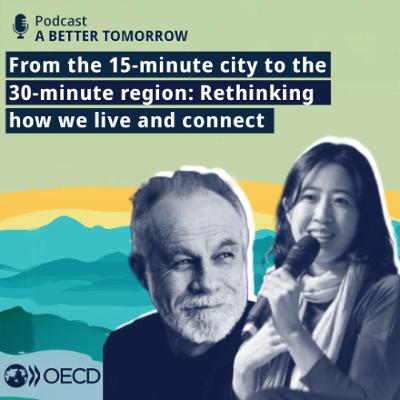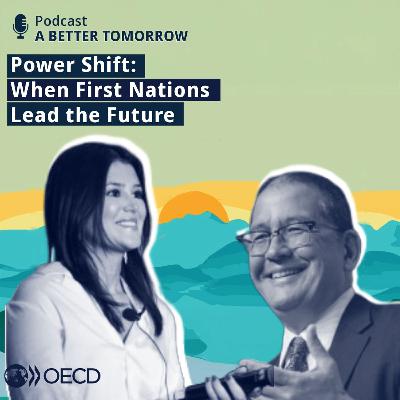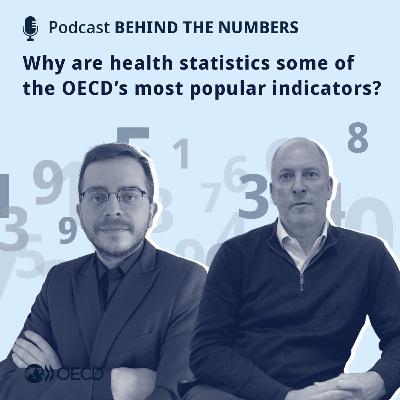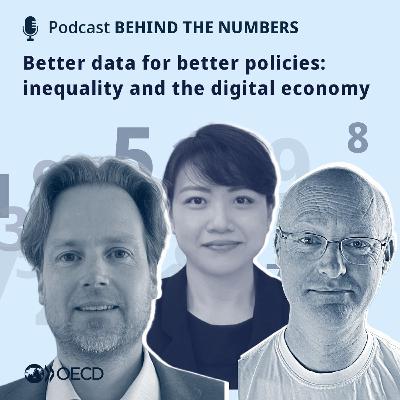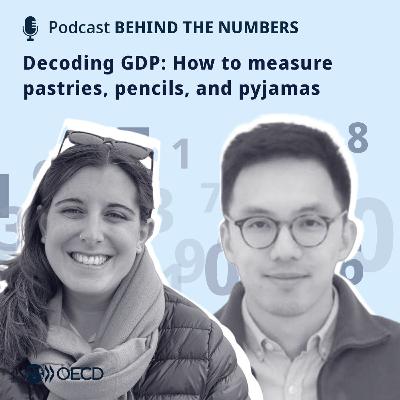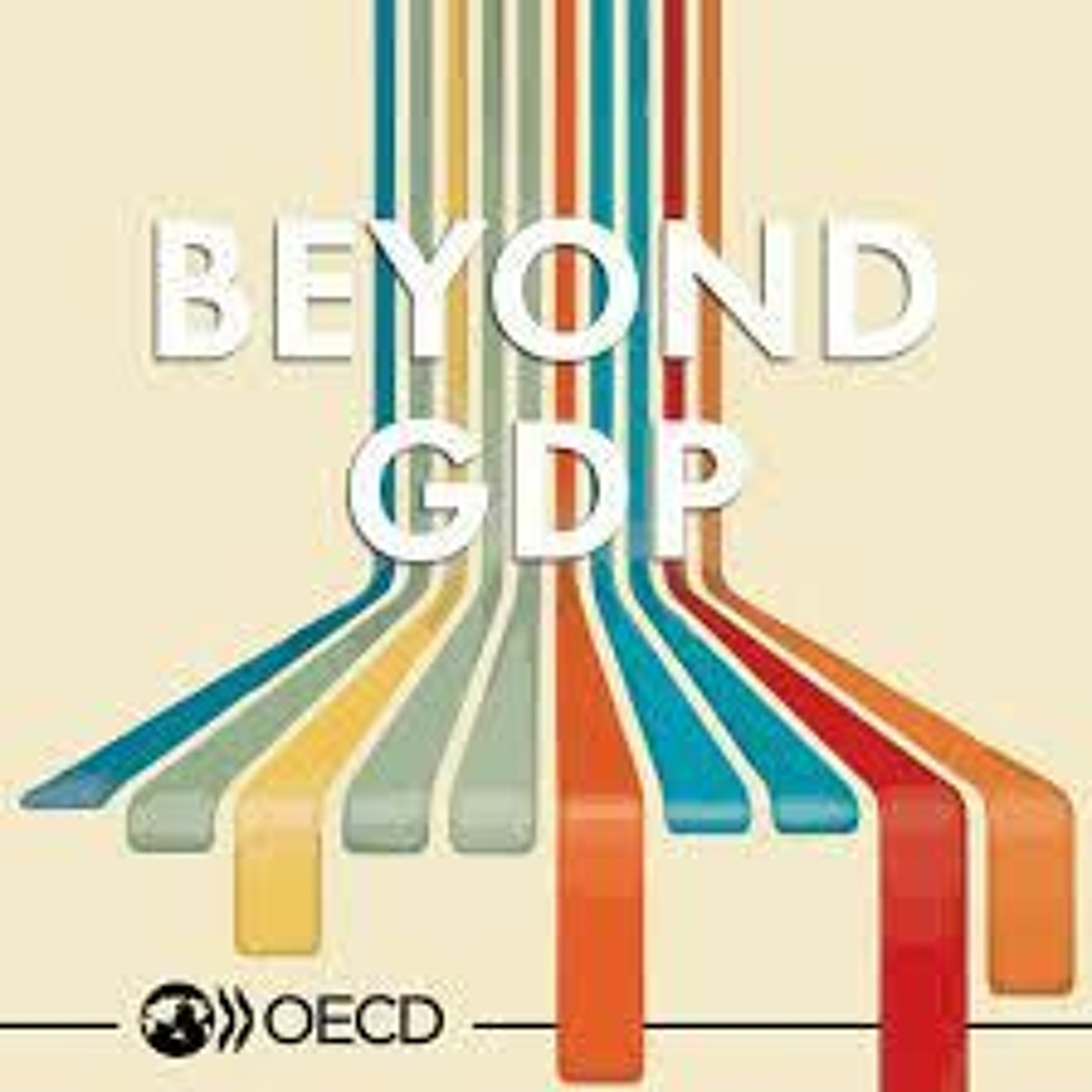Multinational enterprises demystified using open-source data
Update: 2023-06-12
Description
Over the past few decades, as trade and investment barriers have lessened, and transport and communication costs have declined, multinational enterprises or MNEs have become an increasingly important fixture in the global economy. As these entities begin to represent a larger share of global economic activity, the importance of monitoring them and understanding their behaviour has never been greater. However, MNEs cross borders by definition, making them notably difficult to keep track of at the national level. The new OECD UNSD Multinational Enterprise Information Platform gathers together data on the world's largest multinationals from a range of public sources. These data cover the geographical and digital scope of individual multinationals and an array of indicators, complementing major recent reforms to the international tax system led by the OECD and in response to the challenges arising from digitalisation. But what new benefits does this initiative deliver? What does the data reveal? And how can it be used for economic analysis? And what does this say about where the global economy is heading?
This OECD Podcast aims to address these questions and more in conversation with one of our own data experts.
Host: Ashley Ward
Guest: Graham Pilgrim, Head of Real-Time Data Analytics, OECD Statistics and Data Directorate
Producer: Anna Wahlgren, Ashley Ward, Robin Allison Davis
To learn more about the OECD's work with multinational enterprises, go to: https://www.oecd.org/sdd/its/mne-platform.htm
This OECD Podcast aims to address these questions and more in conversation with one of our own data experts.
Host: Ashley Ward
Guest: Graham Pilgrim, Head of Real-Time Data Analytics, OECD Statistics and Data Directorate
Producer: Anna Wahlgren, Ashley Ward, Robin Allison Davis
To learn more about the OECD's work with multinational enterprises, go to: https://www.oecd.org/sdd/its/mne-platform.htm
Comments
In Channel




